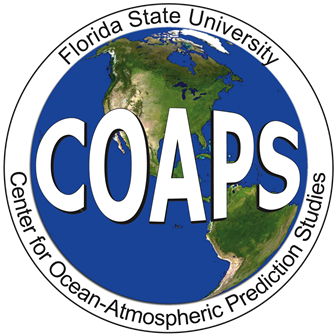For families with children ages 6-12.
Developed by Meredith Field, Mark Bourassa, and Melissa Griffin with support from the NASA Science Mission Directorate.
This kit may be reproduced for educational purposes by families, teachers, and other educational/outreach professionals.
| Download Kit Materials: |
|
| Main Kit Packet (.pdf) | Poster (.pdf) |
Overview for Parents
We hope you enjoy this Satellites To Go kit! These activities are meant for parents to do together with their children. Parents are encouraged to read through the activity packet first so that they can better help their children learn about NASA satellites.
The materials at the beginning of the packet provide background information about satellites through fun matching and searching activities. Parents should feel free to read these sections out loud to their children, and to help them with the vocabulary sections as needed.
The Satellite YUMM-E activity and storm surge experiment are exciting hands-on learning opportunities. If you have any questions or comments, please send them to
Satellite YUMM-E Hall of Fame
Send a photo of your satellite to
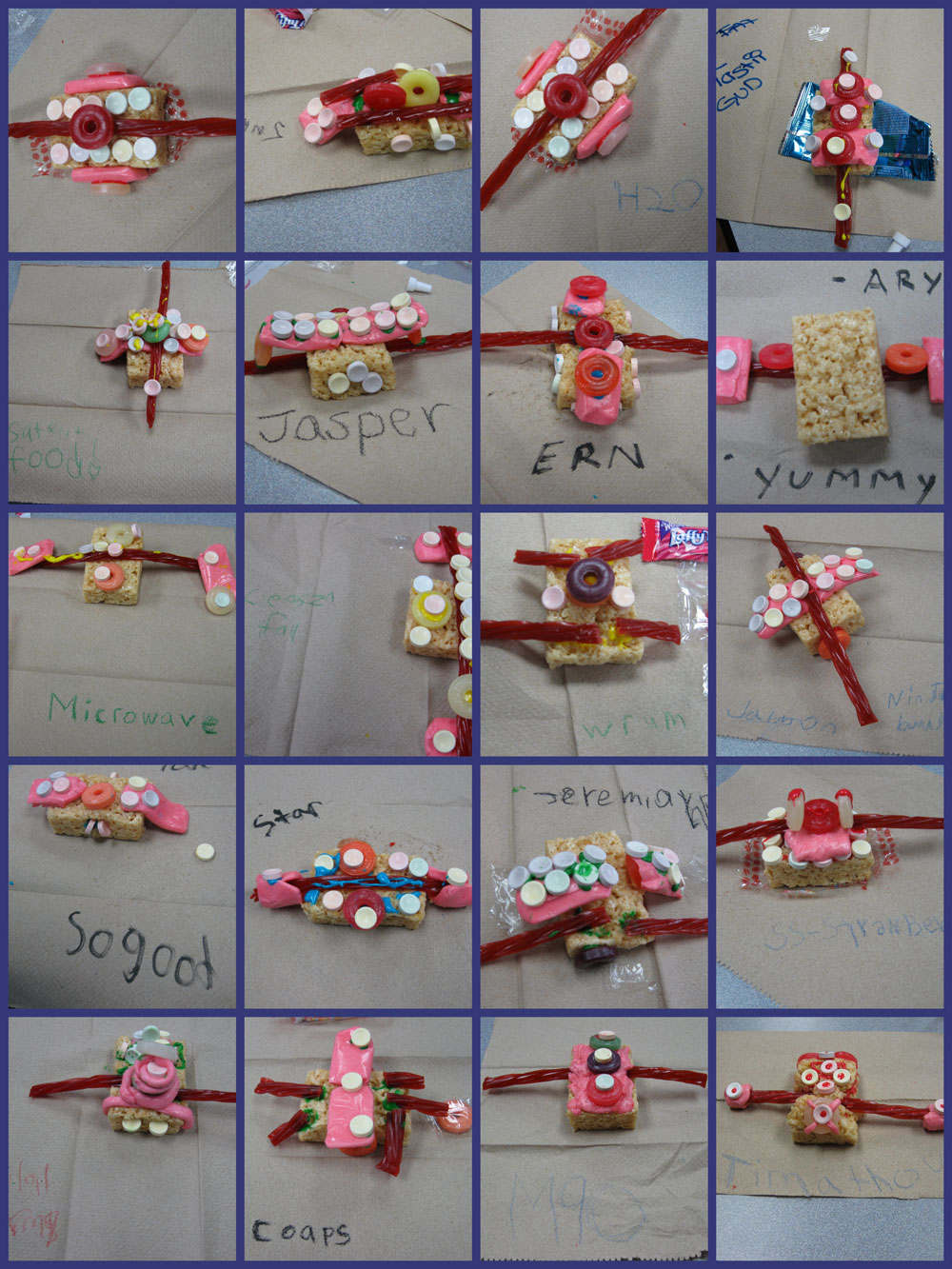
Family Learning Center Summer Camp Fleet
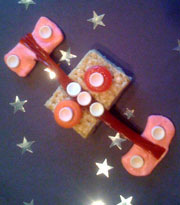 Satellite LG-1 |
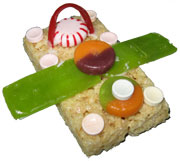 Satellite YUMM-E 2.0 |
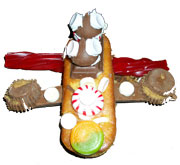 The Rapper |
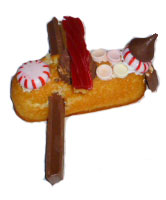 Satellite Elizabeth |
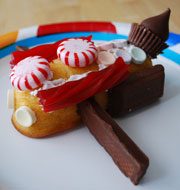 Satellite Rodriguez |
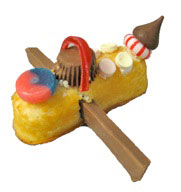 The Original Satellite YUMM-E |
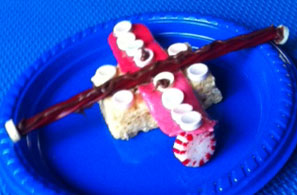 Satellite World War II Camera |
 Satellite Elizabeth |

